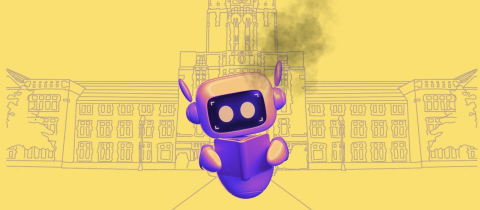When the imaginative little boy was asked in school to give an example of how heat makes things expand and cold causes them to contract, he authoritatively stated that in the summertime the days are long and in the winter they are short. Right now, we are struggling with those short days. Nobody likes the extra hours of darkness, but some people are actually sickened by them.
These people sleep more, crave carbohydrates, feel depressed, ignore housework, and lose interest in sex. They may even break into crying fits. They are sad because they actually suffer from SAD, Seasonal Affective Disorder. SAD may strike as much as 10% of the population and there is some evidence that the condition can be treated with daily exposure to specially designed fluorescent lights. There is even a model that can be worn like glasses to facilitate moving about.
Sunlight may bring health, but what about those moonbeams? Can they really wreak havoc with people's lives, especially when the moon is full? We're not talking about turning into werewolves, but about the long-standing allegation that behaviour is altered when there is a full moon, that there are more crime and more accidents. There is no scientific rationale for these strange happenings, but that of course does not preclude the possibility. After all, the world of science is filled with examples of phenomena for which there was no rationale when they were first observed.
For example, radio transmission from Europe to America was a shocker back in the early 1900s since it was believed that radio waves only traveled in straight lines and could not be transmitted over the curved surface of the earth. But to the disbelievers’ surprise, the transmission worked. The explanation came later: the atmosphere can reflect radio waves, much like a mirror reflects light.
So what about the moon effect? Will we eventually find an explanation? Not likely, since the fact is that there is no such effect. A study carried out at Allegheny General Hospital in Pittsburgh corroborates this conclusion. The researchers examined 1444 cases of trauma admissions over a period of a year. These included gunshot wounds, stabbings, all kinds of violence. There was no statistical difference in the number of trauma admissions between the full moon days and the non-full moon days. What about the effect of the full moon on lovers? Well, let's leave that one alone. Maybe some things are just outside the scope of science!







